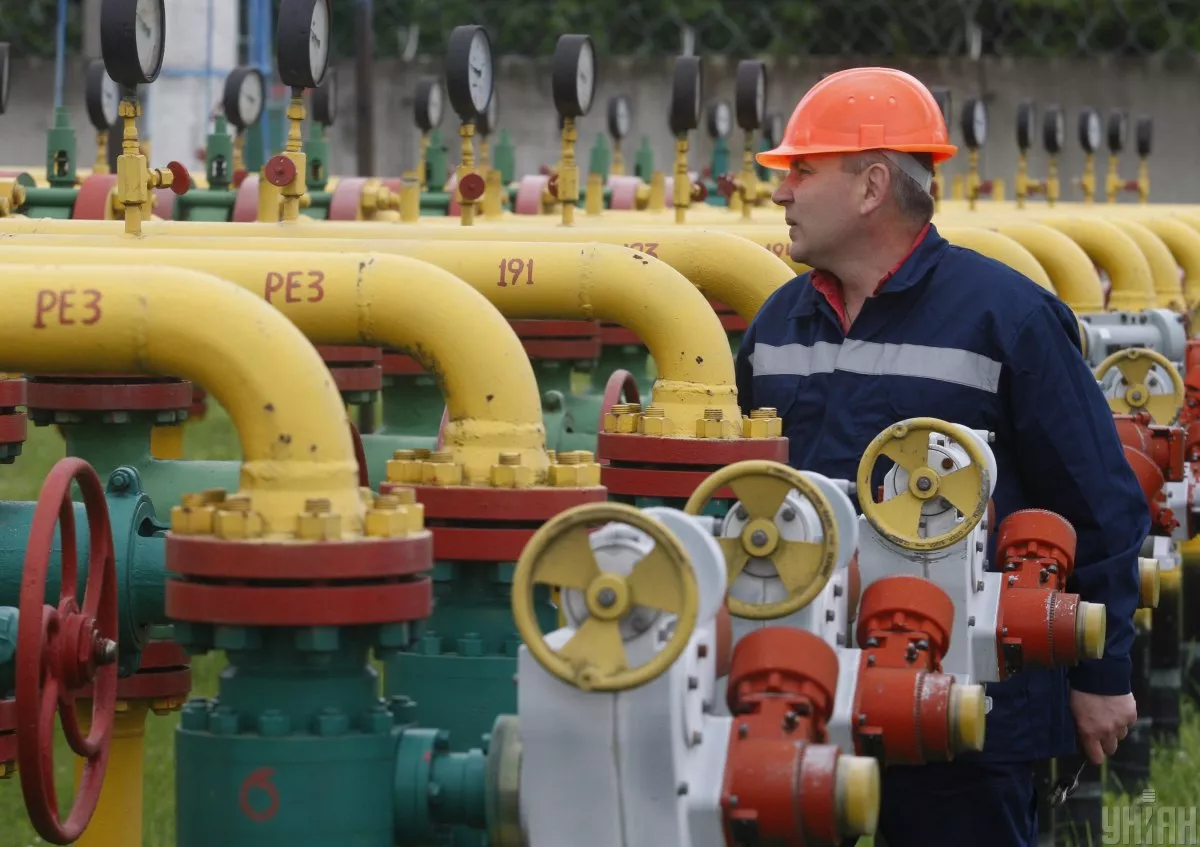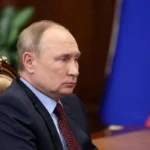The European Union (EU) has announced its full readiness for a possible cessation of the transit of Russian gas through Ukrainian territory on January 1, 2025, at 7:00 in the morning. Representatives of the European Commission assure that Europe’s energy infrastructure is already adapted to the new realities, allowing the continent’s needs to be met through alternative routes.
Alternative Routes: How the EU Prepared
A representative of the European Commission noted that the impact of halting transit through Ukraine on the EU’s energy security will be minimal. Over the past year, EU member states, in partnership with the European Commission, have actively worked on creating alternative gas supply schemes.
The main direction for strengthening energy stability has been the expansion of liquefied natural gas (LNG) import capacities. This has helped reduce dependence on Russian energy resources. Additionally, EU countries have increased the use of renewable energy sources and implemented measures to enhance energy efficiency.
Ukraine’s Position: Only Without Russian Gas
Ukraine has stated that after January 1, 2025, it does not plan to continue the transit of Russian gas to Europe. Ukrainian President Volodymyr Zelensky emphasized that Ukraine is ready to provide gas transit, but only under the condition that this gas is not of Russian origin.
Slovakia Insists on Continuing Transit
Slovakia holds a different position. The country’s Prime Minister Robert Fico calls for maintaining the transit of Russian gas through Ukraine. In December, he even visited Moscow, where he met with Russian dictator Vladimir Putin. During this meeting, Fico expressed readiness to cut off electricity supply to Ukraine in case Kyiv refuses transit.
Will Europe Become Energy Independent?
The EU’s preparations for the cessation of Russian gas transit through Ukraine indicate the continent’s desire for energy independence. Strengthening infrastructure, developing renewable energy sources, and reducing the consumption of fossil fuels help Europe overcome its dependence on Russia.
While political discussions continue, the EU demonstrates readiness to ensure the stability of energy supply under any circumstances. Ukraine’s efforts are also a crucial factor, as the country aims to play a key role in supplying Europe with energy resources, but on its own terms.
Conclusion
The EU’s decision to prepare for a potential cessation of Russian gas transit is a strategic step towards energy security. Despite challenges, Europe shows unity in overcoming dependence on Russia and continues to build a new, more resilient energy system.


